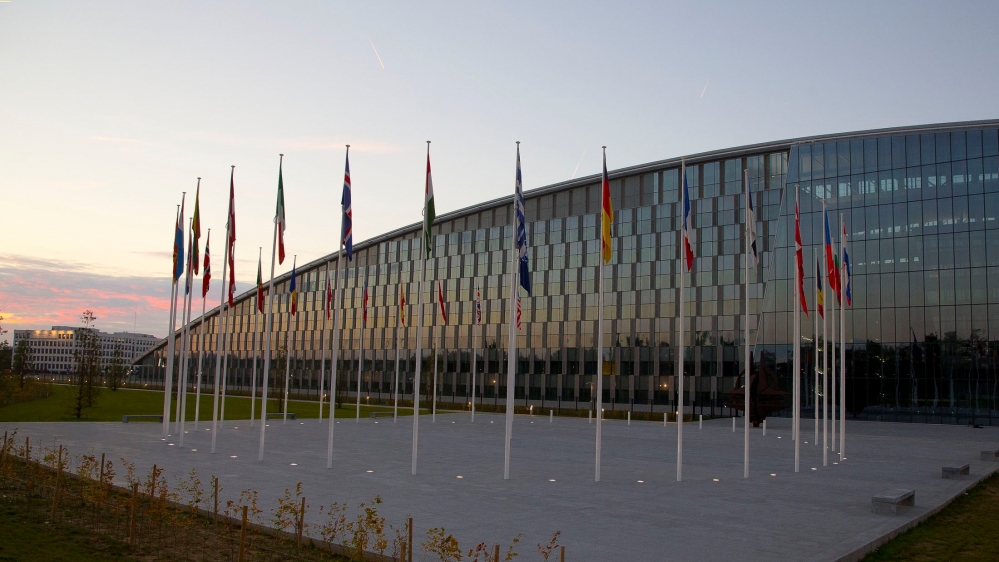Indeed, bombastic tweets from the American President, often threatening to renegotiate or even pull out of long-standing agreements have unnerved the global order and has put reliance of future American leadership into question. Chief among them is NATO, where there have been some tense moments between alliance members and the Trump Administration over its primary mission in a changing world and the members’ funding obligations.
On the other hand, Joe Biden, the Democrat President-elect, has struck a much more traditional tone on the topic of NATO and has promised to repair any damage caused by the current administration to the alliance. In response, NATO leaders are considering an early spring summit with Biden, meant to work towards repairing the damage made by the current administration. But does the recent overtures by Biden provide any real substantive changes to US policy, or is it just simply rhetoric?
To be sure, Joe Biden has a long political resume spanning forty-seven years in politics and served as chairman of the Senate Foreign Relations Committee. Throughout the presidential campaign, Biden had relentlessly hit on President Trump’s combative language towards NATO, often using Trump’s own words in videos to depict the current President as dangerous to the future of the alliance. As it pertains to his own NATO policy, Biden in fact appears to tack towards more traditional US strategy to the alliance, despite giving few details beyond rhetorical platitudes.
However, many of the recent decisions pertaining NATO by President Trump, such as the decision to reduce US troop levels in Germany, have been met with vague responses by both Biden and his campaign staffers. In response, the Joe Biden only mentioned that he would “review” the decision of troop reduction in Germany, along with many other decisions made by the current administration.
Additionally, Joe Biden has remained mostly silent regarding Trump’s incessant demands of NATO members committing to the agreed upon 2% of GDP for defense. This in reality could be an item that Biden and Trump actually agree on and one that a number of countries, particularly the eastern member states, have responded to. Of the ten NATO members who currently meet the agreement of 2 percent of GDP, eight of them are from the eastern half of NATO. Additionally, Biden has historically been supportive of the US missile defense system in Central and Eastern Europe; a project completed during the Trump Administration.
There is, however, a potential issue in Biden’s policy that could alienate key members within the alliance. His campaign has expressed a desire to hold a Summit for Democracy to address issues of populism, nationalism, and authoritarianism in the democratic world. This could draw the ire of several key NATO members like Turkey, Poland, Hungary, and Italy, and add friction between the alliance’s east and west. To be sure, NATO should remain a defense pact and not delve into the political process of its member states.
What is most important, is determining whether the Biden vision of US leadership in NATO will be enough to repair the perceived damage made under the Trump administration. The alliance needs a guarantee of US commitment to leadership in its mission, both in words and deeds. And although NATO involvement has expanded outside of Europe since the end of the Cold War, its main mission remains the defense of Europe from its large eastern neighbor. The 21st century has brought about new ways of threatening the alliance, such as space, cyber, and New Generation warfare, which Russia has displayed both in Crimea and the eastern Donbas of Ukraine. NATO must find a way to counter these threats and the United States remains the only player in the alliance with the resources and the capability to keep all the members together. Uncertainty in America’s commitment to the alliance only emboldens its adversary’s desire to undermine it. As for Biden and his plans of restoring NATO, it will take more than just flowery speeches to make that happen.
Ryan Brockhaus is a Senior Fellow with the Budapest Fellowship Program. Ryan has a Bachelor of Arts in Global Studies at Arizona State University and is in the process of obtaining his Masters in Global Security at Arizona State as well.
Foto: Nato.int










